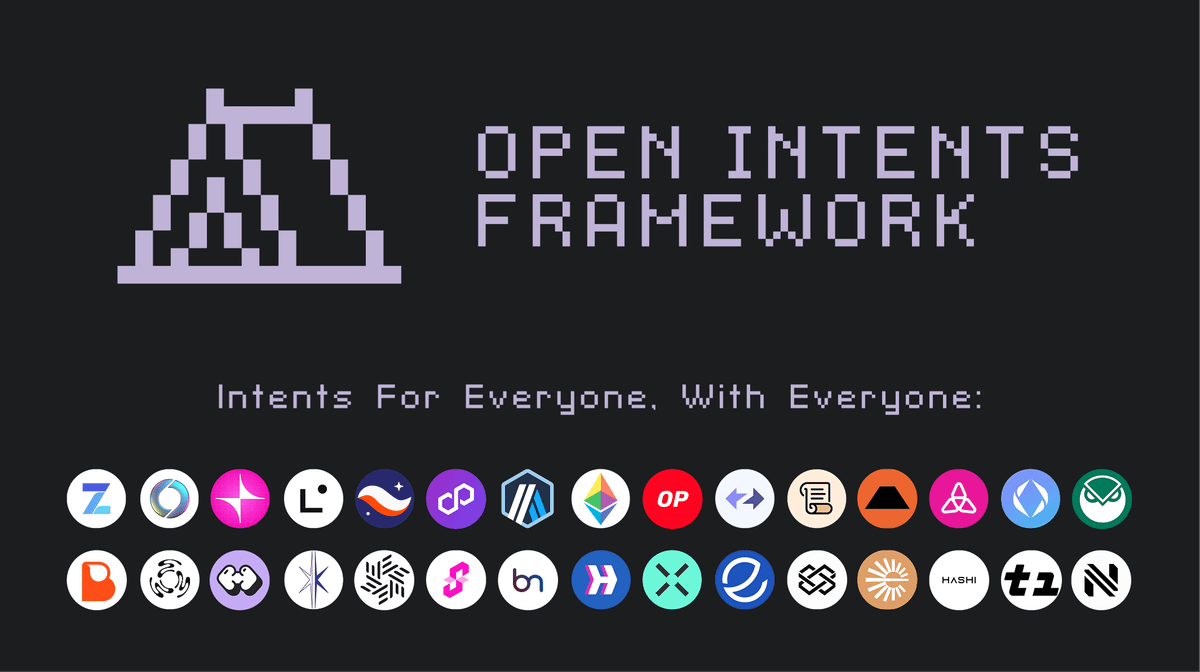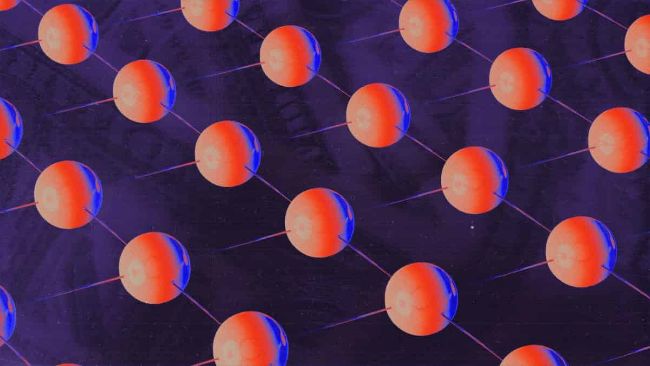It is a section from the 0xResearch e-newsletter. To learn full editions, subscribe.
As Ethereum’s ecosystem expands with over 100 L2 networks — comparable to Arbitrum, Polygon, Optimism and ZKsync — navigating between these networks stays cumbersome. Every switch is like reserving a flight with a number of layovers and totally different airways, requiring customers to handle chains, navigate bridges and generally use a number of wallets.
Intents provide an answer by letting customers specify the result they need whereas specialised solvers decide one of the simplest ways to execute it effectively. As a substitute of manually shifting belongings and interacting with totally different networks, customers merely declare their intent, and solvers deal with the remainder.
The Open Intents Framework (OIF) is a brand new initiative designed to standardize and simplify cross-chain transactions throughout the Ethereum ecosystem. Developed by contributors from the Ethereum Basis, Hyperlane and Bootnode, OIF offers a modular, permissionless system for intent-based execution. By permitting customers to specify desired outcomes fairly than manually executing transactions throughout a number of L2s, OIF goals to smoothen the tough edges of cross-chain interoperability.
Utilizing standardized infrastructure, builders can combine intent-based execution while not having to construct proprietary options from scratch. This shared framework reduces friction and fosters collaboration throughout some 30 ecosystem groups.

Supply: Ethereum Basis
A key characteristic of OIF is its assist for a number of settlement mechanisms that enable builders to decide on execution strategies that finest go well with their use instances. These embody:
- RRC-7755 from Base and Hashi Alliance: An oracle aggregator making certain dependable information for cross-chain execution.
- Espresso Techniques’ affirmation layer: A mechanism including extra safety and finality assurances.
- Optimism’s Superchain native interoperability: A framework enabling seamless interactions throughout the Optimism ecosystem.
- Arbitrum’s broadcast customary: A protocol optimizing intent execution on the Arbitrum community.
This range in settlement strategies permits builders to experiment with totally different approaches whereas sustaining interoperability.
ERC-7683: Standardizing cross-chain intents
On the core of OIF is ERC-7683, a regular developed by Throughout and Uniswap Labs to create a unified construction for expressing and executing intents throughout Ethereum’s increasing ecosystem.
Not like EIPs, Ethereum requests for feedback (ERCs) deal with application-layer requirements, comparable to token specs and execution frameworks. ERC-7683 capabilities as a shared language that ensures compatibility throughout solvers, customers and functions to eradicate fragmentation.
OIF lowers obstacles for all contributors in Ethereum’s multichain house:
- Builders save months of improvement time through the use of ready-made infrastructure.
- Networks can combine intent-based execution while not having permission from central authorities.
- Customers profit from near-instant cross-chain transactions, dramatically bettering effectivity.
- Solvers can service a number of protocols beneath a single framework, streamlining their operations.
With assist from Ethereum’s main L2s and infrastructure suppliers, the OIF represents a coordinated effort to unify Ethereum’s multichain surroundings, harking back to the W3 Alliance. As adoption grows, it’s anticipated to drive the following part of interop, making intent-based execution a core part of the ecosystem.



